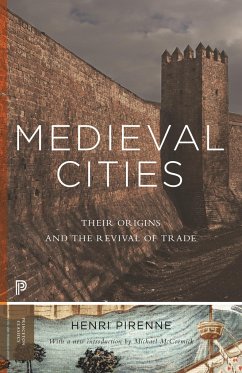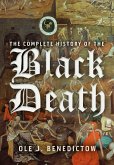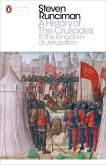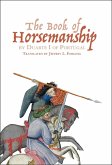Henri Pirenne is best known for his provocative argument--known as the "Pirenne thesis" and familiar to all students of medieval Europe--that it was not the invasion of the Germanic tribes that destroyed the civilization of antiquity, but rather the closing of Mediterranean trade by Arab conquest in the seventh century. The consequent interruption of long distance commerce accelerated the decline of the ancient cities of Europe. Pirenne first formulated his thesis in articles and then expanded on them in Medieval Cities. In the book Pirenne traces the growth of the medieval city from the tenth century to the twelfth, challenging conventional wisdom by attributing the origins of medieval cities to the revival of trade. In addition, Pirenne describes the clear role the middle class played in the development of the modern economic system and modern culture. The "Pirenne thesis" was fully worked out in the book Mohammed and Charlemagne, which appeared shortly after Pirenne's death.
Hinweis: Dieser Artikel kann nur an eine deutsche Lieferadresse ausgeliefert werden.
Hinweis: Dieser Artikel kann nur an eine deutsche Lieferadresse ausgeliefert werden.
"An indispensable complement to the confusing history of the Carolingian period and early days of European civic development. . . . In short, it is one of the best sort of contributions to historical writing--those which combine simplicity with erudition and imagination with accuracy."--New Statesman (London)








